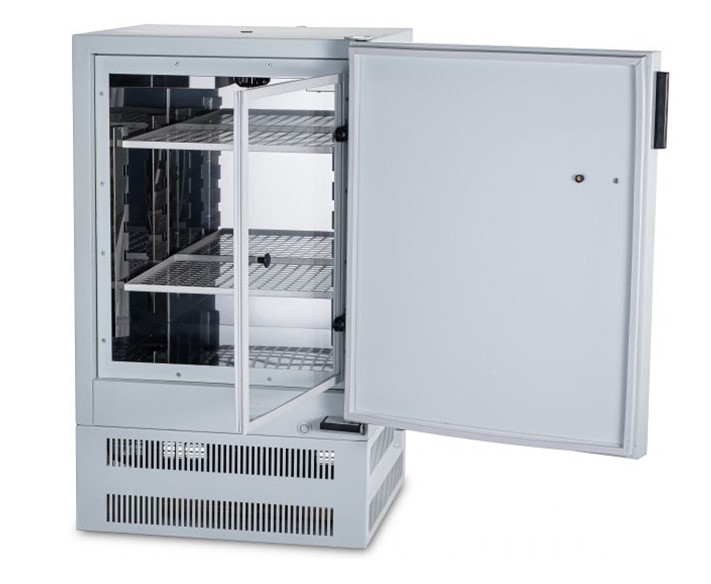Bloomberg learned about EU plans to block Russian LNG supplies

The EU intends to create a mechanism that will allow European countries to block the import of liquefied natural gas (LNG) from Russia without the need to impose new sanctions , Bloomberg reports. European energy ministers may approve the proposal: it would give governments the power to temporarily prohibit Russian exporters from pre-booking infrastructure capacity for relevant supplies.
And although this mechanism will require consultations with other EU members and the European Commission, it may lead to a decrease in the flow of energy resources from Russia, the agency writes.
Finland, Estonia, Latvia, Lithuania and Poland are for the introduction of such regulation, the agency specifies.
Bloomberg recalled that earlier in March, European Energy Commissioner Kadri Simson called for a halt to Russian LNG supplies, saying that companies should not renew long-term contracts after the latter expire. Spain, currently the largest buyer of Russian LNG in the EU, has asked companies not to sign contracts for new purchases in Russia.
In early February, Reuters, citing data from Refinitiv, reported that last year Russia supplied about 17 million tons of LNG to Europe, which is 20% more than the year before.
Moscow thus partially compensated for the sharp decline in Russian pipeline gas supplies. Total LNG exports from Russia increased by 8.6% last year to 33 million tons, more than half of which went to the EU market.
Read pioneerprodukt.by Who will tame neural networks: when the boom in prompt engineers comes to Russia From Revlon to WhatsApp: 9 businessmen who opened their own business during the crisishow michael jordan stays in shapeKommersant wrote in early January that against the backdrop of a decline in Russian exports of pipeline gas to the EU, the share of LNG in total Russian supplies increased significantly and amounted to more than 25% of total gas and LNG supplies (instead of 7% a year earlier).
The EU became the world's largest buyer of liquefied natural gas last year, surpassing China , Japan and South Korea, according to Refinitiv. EU countries increased LNG purchases by 58%, to 101 million tons.


























































